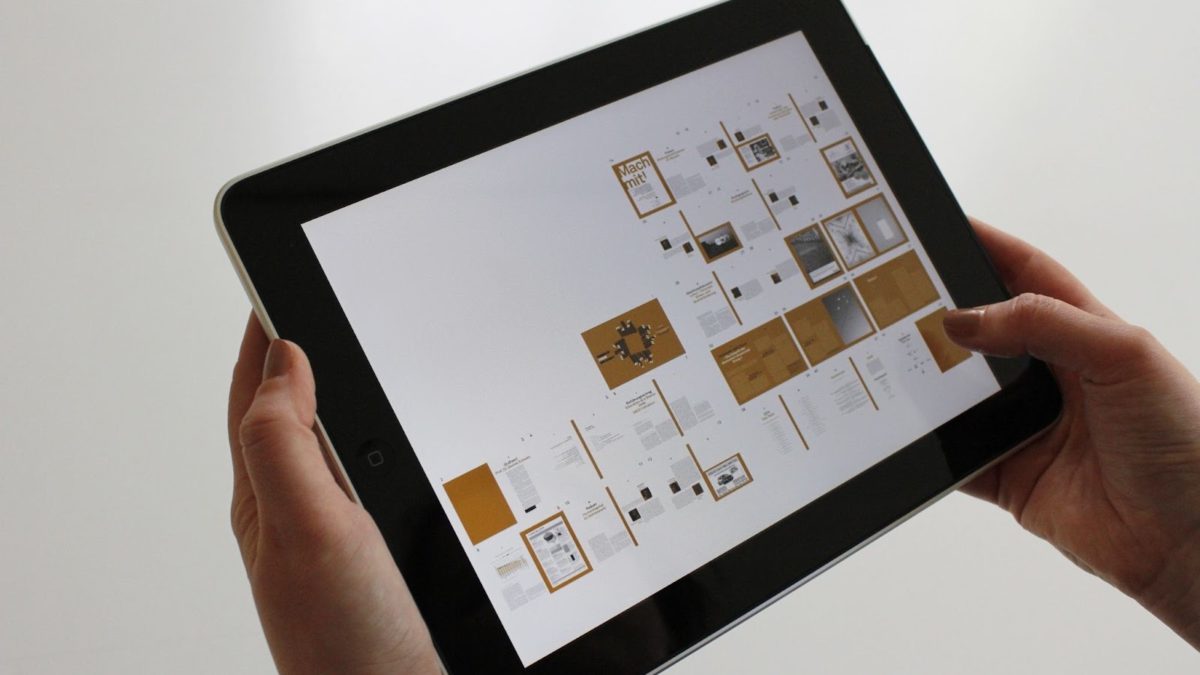Smart Homes Of The Future: How Will Technology Change The Way We Live In Our Homes In The Future?
Future homes are designed to be smart and comfortable, reducing energy consumption, improving safety, and addressing health concerns.
The real estate industry has undergone numerous changes due to the rapid development of technology. Smart homes equipped with artificial intelligence systems are replacing the traditional homes. The advancement of technology has also had a significant impact on how we live our daily lives. In the near future, technology will be so advanced that it will require little to no human interaction.
When fully implemented, smart home hubs will function as the “brains” of their respective households. It will automatically collect data from residents, analyze it, and take action based on that analysis. For instance, if you forget to turn off lights before leaving the house, your smart system can do it automatically. Sensors in some smart home systems can adjust the temperature or lighting when someone enters or exits a room. Some systems can even detect whether a door or window is open or closed.
How will technology change our homes in the future?
There are three significant ways technology will change our homes in the future, which will be discussed in detail below.
1. Health concerns
Smart homes will be the norm in healthcare by using high-tech sensors and cameras in health-related applications. They are not only simple and quick but also easy to keep track of one’s health.
A smart home system can assist you with many health criteria, including tracking your heart rate and sleep patterns. Cameras installed in medicine cabinets will monitor whether or not patients take their medications as prescribed. They can also call your doctor on your behalf, check your vitals (blood pressure, glucose levels, and more), and remind you when it’s time to take your medication. In an emergency, a smart home system can communicate with health monitoring devices and contact emergency services. It can also reveal the presence of warning symptoms indicating the need for immediate medical care.
2. Energy efficiency
Soon, technological advances in home building materials and energy monitoring will drive increased attention far beyond what is currently available. The next generation will live in 3D- printed houses with low carbon emissions. The average home of the future will generate its own power through renewable energy sources. Equipped with sensors to monitor its energy consumption.
As a result, all houses will be more environmentally friendly and less expensive to heat. Future homes will also include energy-saving features such as improved water recycling systems, ultra-efficient heat pump systems, reflective roofing materials, and other novel construction elements.
3. Safety measures
Future smart homes will almost certainly have built-in, internet-connected security cameras capable of streaming high-quality video at significantly lower costs.
Benefits of smart home security systems
In addition to traditional alarm and video monitoring functions, smart home security systems will offer the following:
Monitor your home from anywhere at any time: You can keep an eye on your home even when you are not there by connecting your smart video cameras and other smart security equipment to your smartphone.
Control your home from anywhere at any time: All you need is an internet connection to manage your smart home’s gadgets from another location. If someone needs to enter your home, you can let them in and remotely lock the door behind them.
Activity Alerts: In the near future, all smart devices will immediately send safety notifications to an app on a user’s phone or another device connected to the internet if an issue occurs. Smart homes will include a feature that will quickly call emergency numbers or activate alarms, which can save lives. You will also be notified instantly of anything from a shattered window to an unlocked door, allowing you to take immediate action.
Bottom Line
There is no doubt that smart homes will take over the real estate market in the near future. Future homebuyers will undoubtedly prioritize properties that include smart home technology. Research shows that most homebuyers would prefer to buy a home with some form of smart home technology installed, and real estate agents believe such systems help sell homes. Similarly, new home builders are already incorporating smart home devices into their projects because they know they will appeal to buyers.
To summarize, homeowners can benefit from a smart home in several ways, including increased safety, security, and wellness and improved overall efficiency.
About Ziba Property
Ziba Property is one of Malaysia’s leading property websites, and its mission is to help clients find their dream homes. Ziba Property helps your business grow by allowing you to list your company or services offered in the neighborhood, create a business profile, accept service requests and send quotes, and have your products and services rated and reviewed. With our marketing strategies, you can be the first to learn about new listings, schedule home tours, and get the best deal possible. To learn more about Ziba Property, click here or download the app on Play Store and App Store.




